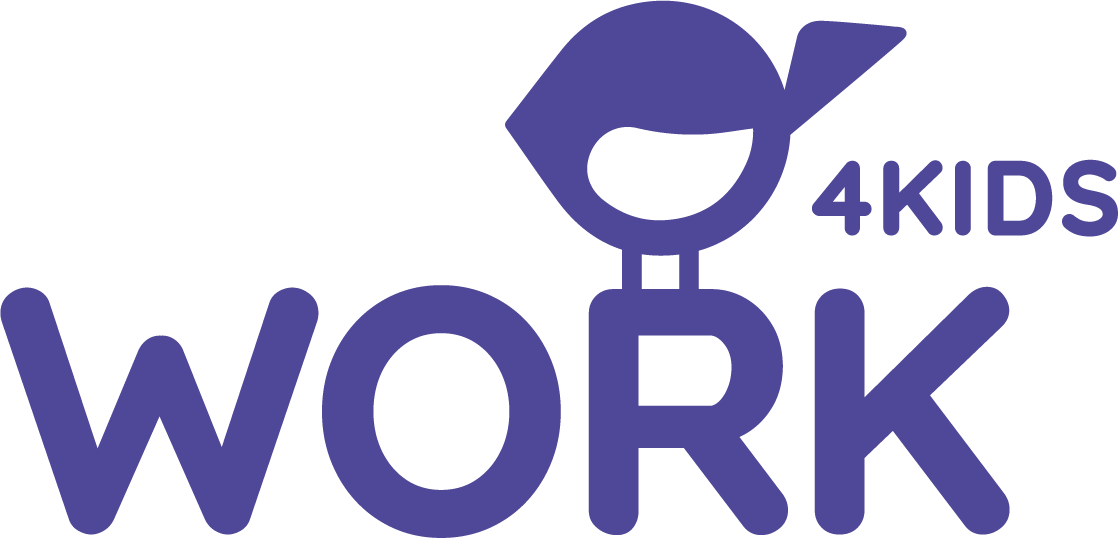Basics
Image of the Child
Our pedagogical work is oriented to Christian values. We see every child as a precious creature made by God. Every child is accepted with its uniqueness, regardless of their religion, origin or social environment. We believe that every child shapes its own goals and relationships and see it as an expert of its own abilities. Children gain knowledge with the help of their natural curiosity and thirst for knowledge by dealing with their environment. We see our task in recognizing the potentials of a child, and to accompany and support its development by creating safe and stimulating surroundings.
Our pedagogical concept
Basics
Our pedagogical profession is characterized by situation-oriented and holistic actions. Active confrontation as a means to communicate by the children and our pedagogical qualified people are therefore the basic prerequisites of our work.
Orientation to the Daily Life of the Children
Following this, the children’s interests and needs are in the center of our work. We orient ourselves to the different individual situations of the children. Treating different topics and working on diverse projects should therefore always be oriented towards the children while it should also be done in a professional correct way so that the children can always be picked up at their present learning and experience level.
Holistic Learning
Being confronted with a matter needs to happen in a practical way, showing that gaining experience and doing research autonomously is in the foreground of a child’s process of learning. A holistic learning approach for the children includes therefore connecting all senses – seeing, hearing, tasting and feeling. Just as important as this is the orientation to Pestalozzi’s head-heart-hand-principle. This is followed by a reflected thinking, an emotional involvement in important decision-making and finally by actions being put into practice by the children.
Observation
To be able to implement the orientation to the children’s lives and the holistic approach it is important to constantly observe the children in a professional pedagogical way. This makes additional actions for the pedagogical work possible. The communicative confrontation, according to participative actions, is an important starting point to turn our basic goals into practice. Participation means to hand the word over to the children and to therefore give them enough room to have a say in something. It is important here to see that solely the children’s participation in the daily life at the daycare centre is far away from a participative concept. The latter rather includes involvement, co-determination and in certain situations even a complete self-ruling by the children. This involvement can e.g. be seen in developing rules together (not affecting certain rules though that are for the children’s protection) or in designing the group rooms and shared rooms.
Children in our centre can experience themselves in different ways: as individuals, as members of smaller playing groups, as members of the whole group and as members of the community of the daycare centre. Our community is based on tolerance, mutual respect, agreements, rules, certain limits and their fulfillment to make our community a positive one for everyone.
Settling in – Berlin Model
To be able to develop positively and to feel comfortable in our daycare centre it is important that the children settle in adequately. Just then it is possible that they unfold themselves as a part of the community. Our institution supports the Berlin model for settling in which has one to three weeks in mind for the children to settle in. This time can be individually adapted.
Basic Approach of the Staff
A certain basic approach is significant for the whole pedagogical implementation and work with the children which ultimately mirrors the social development of the children. We become e.g. assessable for the children through our consequential behavior and give them a certain safety. They can therefore experience that certain actions are always followed by consequences.
Parent’s Work
Our institution wants to be a reliable partner to the families and legal guardians. We start a partnership here that includes mutual acceptance, respect and appreciation. Parents have their expertise in being parents. We have our expertise as pedagogical professionals. Different expectations, wishes and problems can only be solved through open discussions. Points of contacts in this partnership could be:
- Conversations with parents and open house days
- Co-operation from the parents in different committees (e.g. an advisory council from the parents)
- Joint organization of parties and services
- Work shadowing (Experiencing a mid-morning in the daycare centre)
- Letters for the parents
Conclusion
Finally, the personality and dignity of the child are the principles of our pedagogical work. This human right is always inviolable. Human rights are always also children’s rights – children are individuals creatures and have to be respected accordingly.
“We do not get to know the people when they come to us. We have to go to them to get to know how they are doing.” (Johann Wolfgang von Goethe)




